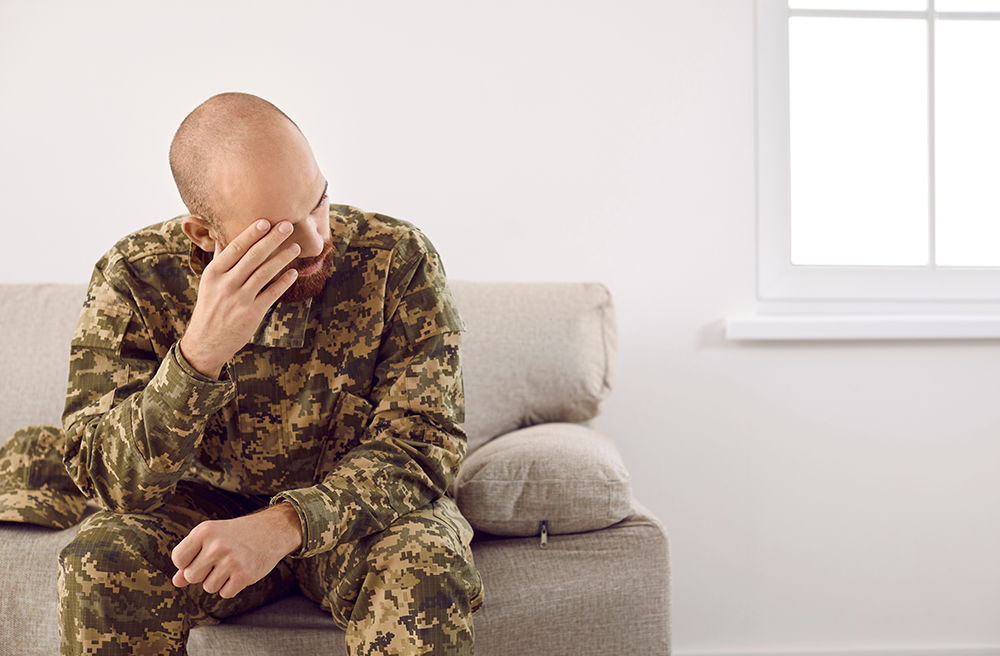Compensation and pension exams are critical for veterans seeking VA disability benefits. These exams determine the severity of a disability and its connection to military service. However, recounting traumatic experiences or discussing private issues can stir up powerful emotions for many veterans. It’s OK to cry during a C&P exam – in some cases, it could even benefit your claim.
Crying Is a Natural and Valid Response
Many C&P exams involve revisiting some of the most challenging moments in your life. Whether it’s combat-related trauma, injuries sustained during service, or struggles with mental health, discussing these experiences can feel overwhelming. Crying is a natural response to these emotions. It’s a visible and honest expression of how your service has impacted you, conveying the depth of your struggles in a way that words alone might not.
Expressing emotion during a C&P exam, including crying, can strengthen your case. This authentic, visceral response makes it obvious to the examiner that the effects of your disability are profoundly impactful. Emotional reactions can also encourage the examiner to ask detailed questions, which might lead to a more comprehensive understanding of your condition.
Tips for Your C&P Exam
Sincerity and openness are vital for a successful C&P exam. Here are a few ways to effectively communicate your struggles.
- Be specific: Describe in detail how your disability or condition impacts your daily life. Share examples of physical, emotional, and mental challenges.
- Stay honest: Don’t hold back your emotions. Expressing vulnerability can strengthen your case and provide the examiner with a clearer picture of your situation.
- Focus on details: Explain how your condition developed, how it has worsened, and how it limits your ability to work, connect with others, or carry out daily tasks.
What to Do if You’re Concerned About Your Exam
You might not get the results you hoped for, even when you prepare as much as possible. Consider these steps if you leave the exam feeling uneasy or believe the results don’t accurately reflect your condition.
- Document your experience: Immediately after the exam, write down everything you remember. Include the examiner’s behavior, the questions they asked, and concerns you had.
- Identify your examiner: Make sure to note your examiner’s name. This information can be valuable if you need to reference the exam later or if you believe the examiner overlooked something.
- Request a copy of your exam report: Access your report by contacting the VA office where the exam took place. Reviewing this information can provide insight into the examiner’s findings and help you prepare for an appeal, if necessary.
- Seek a second opinion: You can request another C&P exam by calling 800-827-1000 if you feel the first one was unfair or incomplete. While the VA might not concur with the concerns you raise, it’s worth advocating for yourself and your claim.
You’ve Served Proudly – Let Us Help You
Warrior Vets understands how challenging the C&P exam process can be, especially when dealing with the emotional weight of your experiences. Remember, there’s no shame in crying or showing vulnerability – it’s a testament to the genuine impact your service has had on your life.
Warrior Vets provides outstanding care for the men and women who have served our country so honorably, supporting them in their goals of achieving dignified and fulfilling post-service lives. Contact us today to learn more about our services.

